Why Dorset should become Britain's next national park
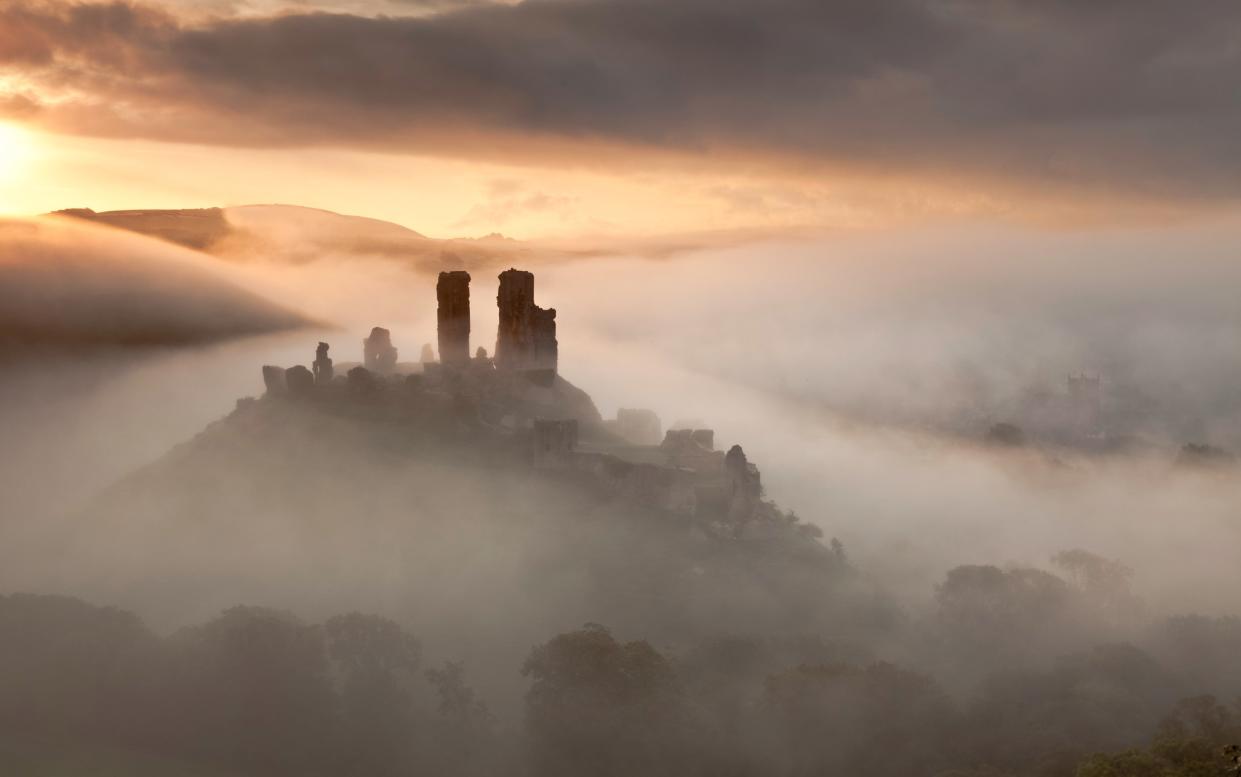
With its treasure trails, seaside safaris and guided forest walks, National Parks Week – which ends on Sunday – is an annual celebration of one of the outstanding environmental achievements of the past 100 years. The oldest of the UK’s 15 national parks is the Peak District, set up in 1951; the newest is the South Downs, established in 2010 – and there may be more to come.
In May, Michael Gove, the Environment Secretary, announced a review that will consider an expansion of the current network of protected areas in England “to meet our needs in the 21st century”. One of the strongest contenders must surely be Dorset, where moves have long been afoot to create a new national park.
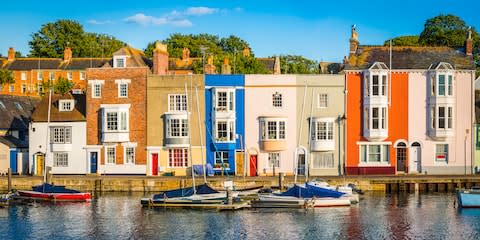
There’s something special about Dorset. Heading west down the A35 or A303 you notice it as soon as you cross the border – the most rural county in England with no industry to speak of, and no big cities apart from Bournemouth, which only became part of Dorset in 1974. Instead, it has Weymouth, where George III invented seaside holidays. The rest is mostly a tangle of rounded hills and sunken lanes half-buried in cow parsley, leading to villages with names such as Wootton Fitzpaine and Toller Porcorum.
At a glance | The UK's 15 national parks
Purbeck, epitomised by Lulworth Cove and the switchback cliffs of the Jurassic Coast, is one of the county’s great glories; hot on its heels is the Dorset I know best, piled up against the Devon border between Somerset and the sea.
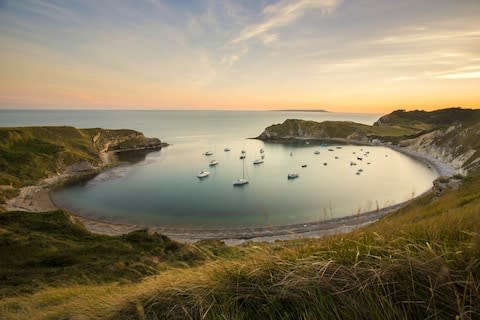
I fell in love with it half a lifetime ago at West Bay – the Broadchurch of ITV’s eponymous thriller – and ended up buying a tumbledown cottage in the drowsy hinterland. Now, 40 years on, I’m almost a local.
The idea of a national park for Dorset has been around for decades. It was first mooted in 1945, but while other parks were established, Dorset remained on the drawing board. Now the dream has been resurrected. The case for a Dorset and East Devon national park was submitted to Natural England in 2013 and has received an encouraging response, leading its supporters to hope that it might become a reality in five years’ time.
Wessex is what Thomas Hardy called Dorset – a thinly disguised version of the county where he was born in 1840 – and his literary fingerprints are all over it. Even then, Dorset’s sense of isolation was drawing to a close. By the time the Great War ended it would never be the same again; and yet, a century on, it remains the most rural corner of England, with scarcely a mile of motorway to disfigure its rolling hills and buttercup valleys.
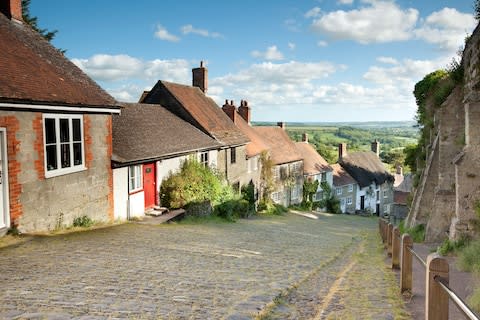
Yet the Dorset I had stumbled on was not Hardy’s Wessex, still less the genteel world of Jane Austen. Its literary heroes belong to more recent times – to John Fowles and his French Lieutenant’s Woman, staring out to sea from the Cobb at Lyme Regis. To find somewhere half as beautiful you’d have to travel at least as far as Normandy, whose lush pastures and apple orchards bear an uncanny resemblance to our own West Dorset cider country.
10 ways to see Britain's most beautiful national parks
But how do you go about conserving it? With unspoilt countryside everywhere at risk the least we can do is try to protect it. That is why the National Parks and Access to the Countryside Act was created, providing a framework for the preservation of the last of the best we have left, including our Areas of Outstanding Natural Beauty (AONB). Foremost among these is the Dorset AONB, covering more than 40 per cent of the county and most of the Jurassic Coast, and the adjoining 100 square miles of the East Devon AONB and its red sandstone cliffs.
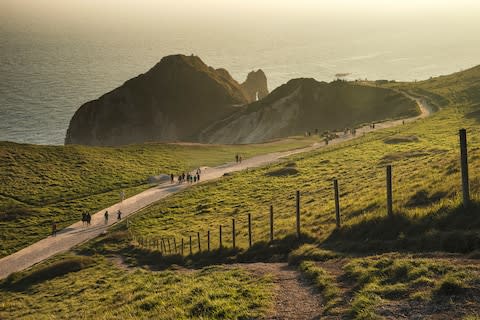
Miraculously, they have escaped the worst of the ravages that always seem to accompany progress. But as the pace of change continues to accelerate, it is more important than ever to enshrine Dorset’s unique spirit of place by giving it national park status.
One of the park’s most ardent supporters is Prof Denys Brunsdon, who lobbied successfully in favour of World Heritage status for the Jurassic Coast. “Creating a national park is the next logical step in safeguarding the area’s fabulous natural assets,” he says.
Brian Jackman is Telegraph Travel’s wildlife and safari expert.

